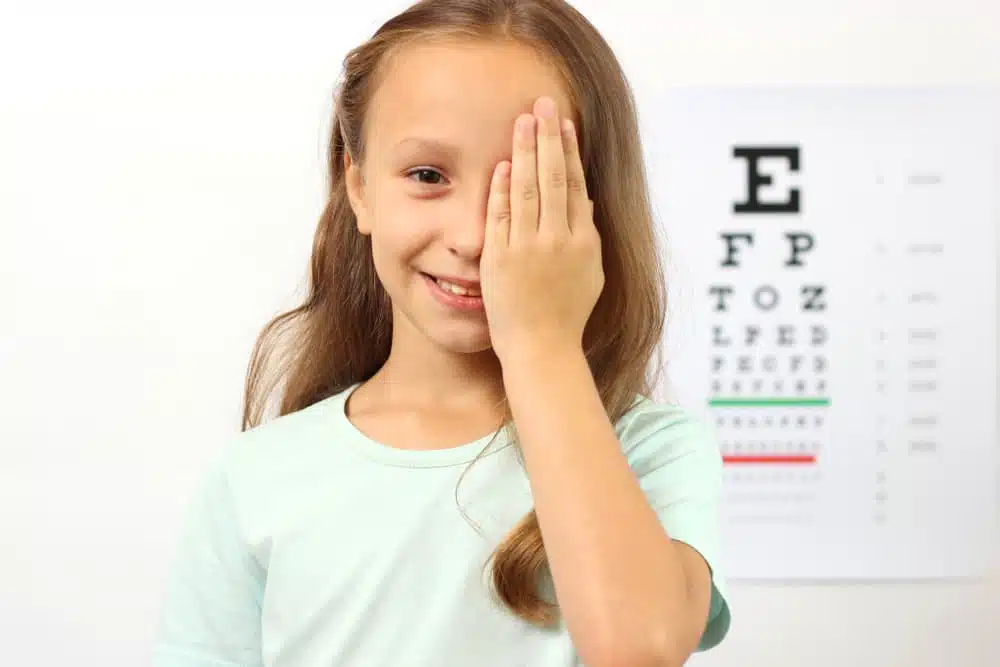Your baby will get checked for a number of things to ensure they’re healthy and developing properly. One of the most important physical exams they’ll get is their eye exam. Checking your little one’s sight early can ensure that there are no vision problems or risk factors that could interfere with their vision or school performance in the future. Find out here when you should take your child for their first eye exam and other important details that you should know.
The First Exam
The first eye exam should occur between the ages of 6 to 9 months. But if the baby was premature, your child should get their eyes examined before they come home or as soon as possible. This first exam is extremely important as it will determine whether or not your child’s eyes are developing normally and are healthy. The optometrist will test for things like eye movement, light reaction, eye-focus, tracking, visual perception, and internal eye disease. They’ll also answer any of the questions you may have and provide you with important information.
Following Exams
If there are no underlying issues or risk factors found in the first exam, the optometrist will recommend that you return before your child starts school, usually between the ages of 2 to 5. Following appointments will then be scheduled on an annual basis depending on their particular needs. If your child has vision issues or needs glasses, the optometrist will often recommend a more frequent exam schedule to closely monitor their condition and progress.
Home Care
Since your child’s vision will change as they grow, you should be on the lookout for any signs that indicate a potential vision issue or eye injury. Young children can develop frequent eye rubbing, excessive blinking, a lazy eye, and alignment issues. School-aged children with vision issues will often tilt their heads from side to side, cover one eye, complain about headaches, and hold materials close to the face. If you spot these tell-tale signs or they start performing poorly in school, be sure to book an eye exam right away.
Reasons Your Kids Need Regular Eye Exams
Vision disorders are fairly common in children. And the number of children who are developing myopia (nearsightedness) has been growing faster than ever before. This is a major concern as those who become nearsighted early in life are at greater risk of experiencing serious eye conditions later in life. Moreover, a number of vision problems get worse over time if not treated. Without an eye exam, it can be difficult to determine if your child is experiencing any symptoms, as not all symptoms are obvious in the early stages. To make matters worse, children often don’t know they have a vision problem and believe the way they see is how everyone else sees.
This is why it’s imperative for your children to get an eye exam early in life followed by regular testing as they grow. Only an eye exam can detect vision problems early that could interfere with their learning and development – problems that can often be prevented and reversed if caught early enough.
As a parent, there are many things that you can do to keep your child’s eyes healthy, but the most important thing you can do is to get their eyes checked regularly. An eye exam is the only way to detect vision problems that do not have any obvious symptoms. The sooner an issue is spotted, the more likely it can be corrected and treated. Arrange for your child’s next vision exam with us at Laurier Optical! Our in-house exam will test their overall eye health and offer a treatment plan if any issues are detected. Walk-ins welcome or you can visit us online to book an appointment.
